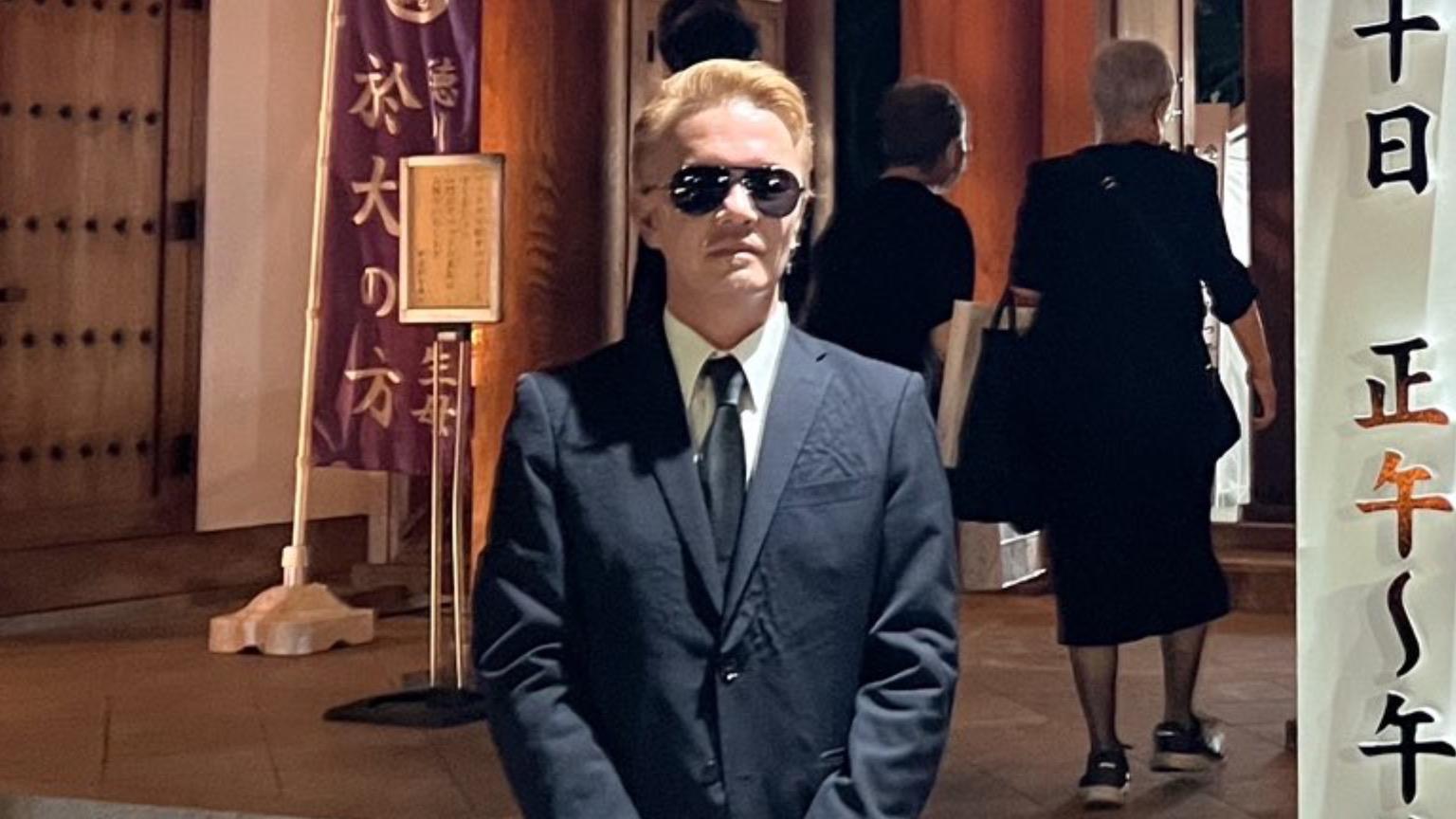A renowned Japanese impersonator is facing mounting criticism for attending a funeral service of a fellow celebrity. The controversy arose not because of the attendance itself, but due to the questionably appropriateness of the impersonator's action during what is normally a serious, somber event, disrupting japan's traditional respect for such rituals. The matter has sparked a nationwide debate about the acceptance levels of comedic actions in traditionally solemn settings.
In Japan, funeral services are highly solemn and ritualistic events where strict etiquette is observed. The attendance of a comedian who is deemed to disrupt this solemnity can be seen as detrimental to the social peace. Japanese society greatly values respect for the deceased and for the bereaved family, and any perceived lapses could cause a public uproar.
In the US and EU, funeral etiquette is also highly valued, though there may be higher tolerance for deviations from strict norms depending upon cultural and individual contexts. Celebrities are often scrutinized for their public behavior, including during solemn events such as funerals. However, the response might not be as intense as in Japan due to more liberal attitudes towards expressive behavior in public settings.

